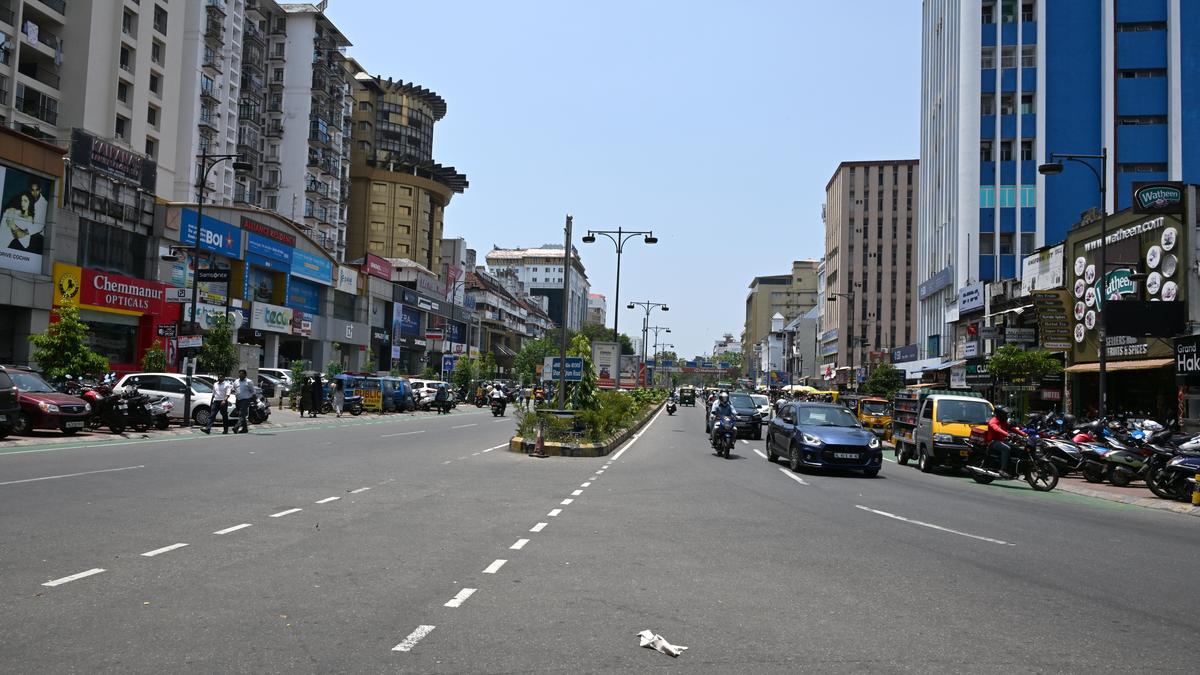The Supreme Court on Tuesday (November 4, 2025) orally indicated that regular competitions and tournaments may be excluded from the ambit of the Promotion and Regulation of Online Gaming Act, 2025 as they do not come under the definition of ‘betting and gambling’.
The 2025 law bans real money games, related banking services and advertisements.
What does the new online gaming Act outline? | Explained
A Bench of Justices J.B. Pardiwala and K.V. Viswanathan was hearing a request made by a “chess player” who plays the game online as a “livelihood” and said he was about to launch an app.
“India is a strange country... you say you are a player, that you want to play, it is your only source of income and you want to join these proceedings here... Are you betting or gambling? How do you raise an income?” Justice Pardiwala asked the counsel for the player.
The counsel, speaking on behalf of his client, said he was a chess player who participated in “tournaments”.

“Then there is no problem for you [from the Act]. They [the government] does not object to tournaments... Tournaments are completely excluded... So why come here? Now, really, tell us, are you playing in tournaments or not?” Justice Pardiwala questioned the chess player.
Additional Solicitor General N. Venkataraman, appearing for the Union Government, remarked the petitioner “does not play tournaments”.

The counsel for the petitioner denied his client was into betting or gambling. He said these were online tournaments organised by companies. “I pay a participation fee and take a prize,” he submitted.
Justice Pardiwala agreed to tag the plea with a batch of petitions filed by online platforms which have challenged the new law.
The Court scheduled the case for detailed hearing on November 26 even as senior advocate C.A. Sundaram and advocate Rohini Musa, appearing for the platforms, conveyed urgency.
“We have been shut down for a month,” Mr. Sundaram submitted.

In a previous hearing, the senior counsel had complained that the law had not left the companies with any “avenue of functioning”, compelling them to resort to lay-offs. The companies have sought an interim stay of the implementation of the 2025 Act.
The Bench ordered the government to file a comprehensive counter-affidavit in court in response to the petitions.
The government has argued that the law was necessary to curb the rapid mushrooming of online money games creating “serious risks for individuals, families and the nation”. It has maintained that online money games had exploited loopholes in the law and caused deep social harm. The Centre has argued that an estimated 45 crore people were negatively affected by online money games and faced a loss of more than ₹20,000 crore playing them.

On September 8, the Supreme Court had transferred to itself separate petitions challenging the law, pending scattered across various State High Courts, including Delhi, Karnataka and Madhya Pradesh.
The writ petitions filed by online platforms and stakeholders in the High Courts had argued that the law was a violation of the right to equality and freedom of expression, federalism and the settled distinction drawn between games of skill and those of chance.
The government has argued that the legislature cannot be a mute spectator when online money gaming platforms raise serious concerns due to reports of addiction, financial losses, money laundering, and even cases of loss of lives linked to heavy monetary losses.
The Centre has argued that investigations have revealed that “some gaming platforms were being used for terror financing and illegal messaging, which compromise the country’s security”.
Besides, it stated that gambling and betting were already restricted under Indian laws such as the Bharatiya Nyaya Sanhita, 2023, and by various State legislations. The online domain had remained largely unregulated.

 10 hours ago
4
10 hours ago
4









 English (US) ·
English (US) ·